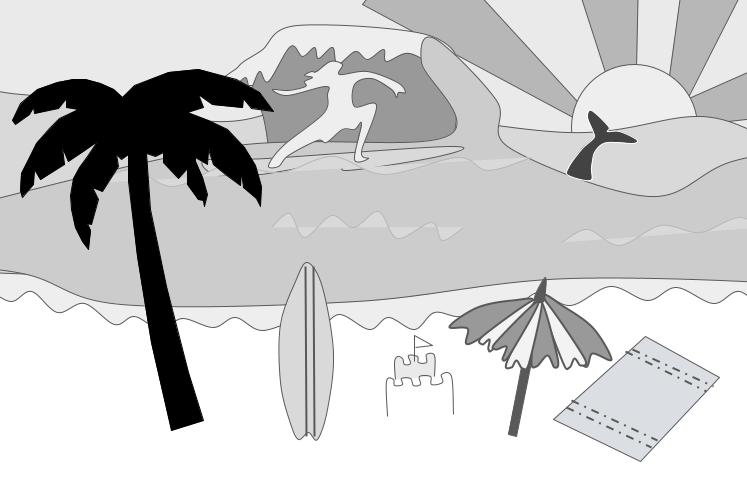In the last four years, a number of content creators have been “canceled.” Names like Shane Dawson, James Charles, and most recently, Colleen Ballinger, are among those who have experienced severe backlash from their fans and online users.
Defined in Urban Dictionary as “the act of damaging someone’s life or career because they made human error,” cancel culture is a hazard of the online generation.
It follows the same pattern every time without fail: old tweets, videos, or posts of a creator displaying racist, sexual, or insensitive remarks resurface online. Those posts get into the hands of netizens on social media platforms created to spread awareness of certain topics – like @mattxiv on Instagram. Posts are then spread across the internet, advising people, specifically the fans of a creator, to withdraw their support. This ultimately leads to rehearsed apology posts written, even though sometimes the apologies are disingenuous.
It feels like people dig up controversial content on purpose. Just a few months ago when Andrew Tate was being canceled for his sexist remarks and his male supremacy, it felt as though the accusations came out of nowhere. Before the attention was brought to Tate, I had no idea who he was.
Don’t get me wrong, I like that people are being held accountable for their actions, especially when it comes to grooming or racist accusations, but being canceled is often blown way out of proportion. I agree with Emily Spillar in her article “It’s Time to Get Rid of Cancel Culture”: “People should tell the public figure they messed up and that they need to think about how their actions might have hurt other people, but extreme measures like death threats are not going to make them apologize any sooner.”
As a guest on Howie Mandel’s podcast, JoJo Siwa said about cancel culture, “The internet can take a lie and run so far with it, so far, that it’s to the point where you just can’t do anything about it.”
It is important to note the impact the internet has, especially when it comes to careers and livelihoods. Today, people have to be careful with what they post. Someone could screenshot something mildly inappropriate and twist it into something awful.
Plus, once something is posted, it lives on the internet forever. It doesn’t matter if it’s deleted, that post could have career-end-ing effects.
There is a grey area when it comes to canceling someone: if a creator makes offensive remarks and continues to be offensive, people expect it, and their bad behavior becomes normalized. But when a creator who no longer participates in those bad acts has their past get dug up, they are canceled. The difference in treatment furthers my point of how inconsistent cancel culture really is.


